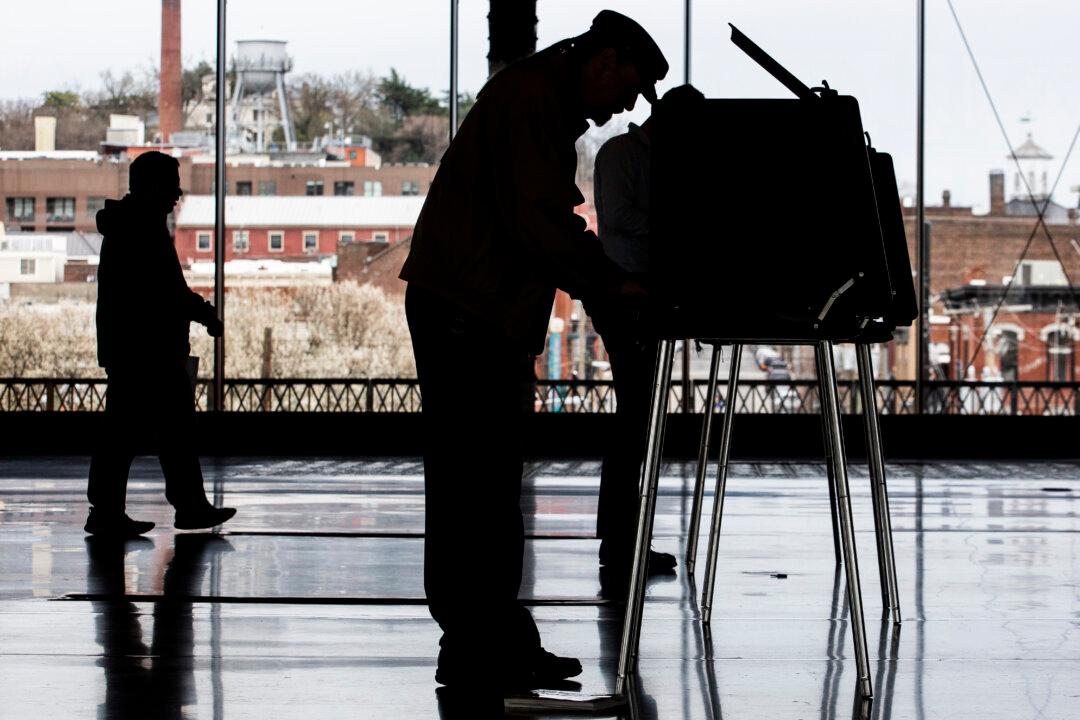Commentary
California’s $20 per hour minimum wage for fast-food workers went into effect this month, and the early results are negative. Companies affected by the law are laying off workers, putting off needed capital improvements, and raising prices. Some are closing their doors altogether or opening new restaurants only in other states. Keep in mind that these companies have already been dealing with post-COVID-lockdown business losses, homelessness, crime, retail theft, and loss of customers as people move out of the state’s largest and most populous cities.





